Supposedly we have a Car Rental Management System. The branch officer is to Rent Out car (use case 1), and Validate Member ID (use case 2) and finally Check Credit Limit (use case 3). Validate Member ID must be called by Rent Out Car use case thus this is an include relationship. How about Credit Limit use case? Which use case should start the mandatory calling of Credit Limit use case - Rent out car or Validate Member ID? I know that use case is not sequential, so in this case should it be started by Rent out car use case then? Below is the illustration. Top or bottom diagram?
Asked
Active
Viewed 946 times
1 Answers
0
Simply do not care about the order of use cases. A use case must represent some added value returned to its actor. This added value is usually independent of any other use case. Only in rare cases where you find dependent use cases you can use extend/include relations.
If you have to take care for a certain order of use cases (e.g. the credit limit need to be checked before anything else can take place), simply add a constraint like { credit limit must have been checked} which refers to a post condition of the Check credit limit use case).
The Validate UC goes accordingly. Like the Check UC both could also be triggered without renting a car.
qwerty_so
- 35,448
- 8
- 62
- 86

